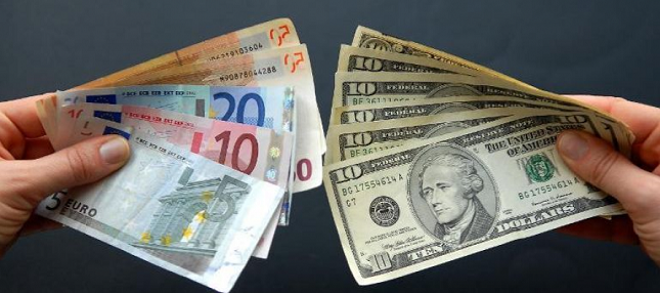Advertisement
Advertisement
U.S. Could Target European Auto Sector in Trade War
By:
The U.S. has long criticized EU trade policies, such as its restriction on U.S. farm exports. With the U.S. and China signing a trade deal, Washington can now focus on the EU, and that could spell bad news for Brussels.
The ongoing trade war between China and the U.S. is by no means over, but the sides signed a limited trade accord earlier this month. U.S. President Trump has promised that talks will soon resume, with the aim of reaching another interim agreement between the world’s two largest economies.
Now that the Trump Administration has made tangible progress in its trade relationship with China, White House officials have said the U.S. will now focus on Europe, and that could keep EU officials awake at night. Similar to his bellicose rhetoric about China, Trump has argued that the playing field with the EU is not level, and he has threatened to impose tariffs on EU products if matters don’t improve. Trump has criticized EU trade policy, saying that it is “possibly just as bad as China” with regard to trade.
Trump acted decisively with China, imposing heavy tariffs on hundreds of billions of dollars worth of Chinese goods. Trump has previously threatened to slap tariffs of up to 25% on the European automobile industry, which is a key driver of economic growth. Any levies on European cars and automobile parts could have a severe impact on the eurozone economy and on the euro.
The U.S. is using the ‘carrot and stick’ approach, but its patience could wear thin if no progress is made on a new trade deal with the EU. Speaking in Davos, U.S. Commerce Secretary Wilbur Ross warned that while the U.S. was “eager to make a peaceful resolution with the EU”, President Trump had also made it very clear that if that doesn’t work, he would go a different direction”. The U.S. is particularly unhappy over EU restrictions on agricultural exports, while the Europeans want to exclude farm products in any new deal.
Trump has demonstrated his willingness to take on China, even at the cost of a trade war. He is unlikely to be more conciliatory with the Europeans. This means that the European Union, which is still smarting from the U.K.’s imminent departure from the continent, now must contend with U.S. demands for a more favorable trading relationship. If things don’t go Trump’s way, we could see a nasty trade war develop between the U.S. and the EU.
About the Author
Kenny Fisherauthor
Kenny is an experienced market analyst, with a focus on fundamental analysis. Kenny has over 15 years of experience across a broad range of markets and assets –forex, indices and commodities.
Advertisement
